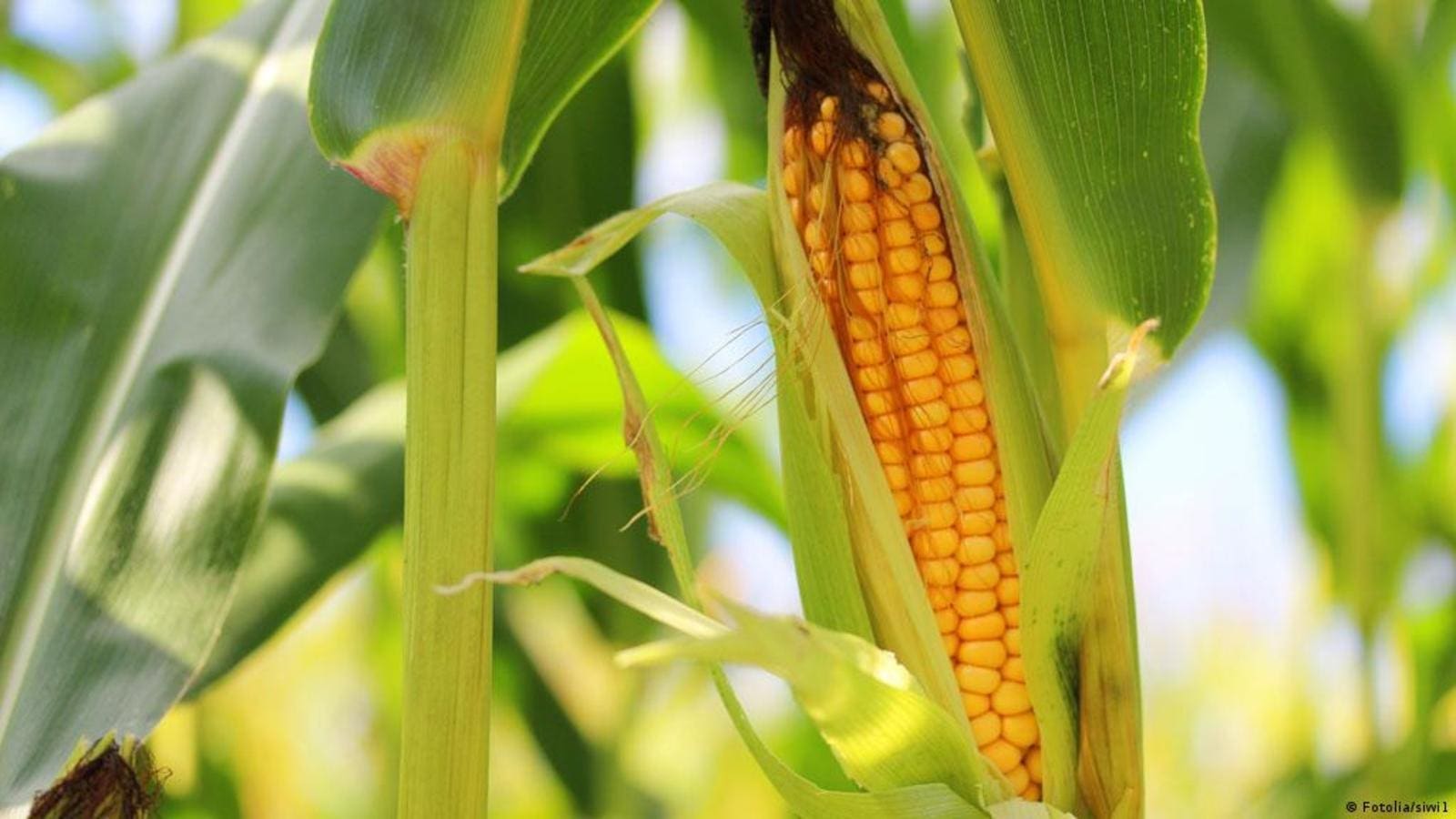UGANDA – The Uganda National Bureau of Standards (UNBS) has closed down about 25 grain milling facilities in the Masaka region due to non-compliance with standards, a move that has left the millers with a bitter taste in their mouths.
The affected maize plants are in Bukomansimbi, Kyotera, Kalungu, and Masaka districts, where the proprietors were found operating without certification from UNBS and flouting food safety guidelines.
The UNBS Spokesperson, Slyvia Kirabo, claims that the plants were shut down for a number of reasons, including substandard storage facilities, inadequate aeration of the building, inappropriate packing of processed flour, and other flaws that lower the quality of their finished product.
In their attempt to recover from the protracted dry spell that led to a poor crop harvest, the operators claim the operation is incurring enormous losses to their enterprises.
Some of the requirements imposed by UNBS, according to Edward Munywabugali, one of the impacted grain millers in Bukomansimbi, are well above the small-sized business owners, who are currently on the edge of going out of business.
Munywabugali acknowledges the importance of maintaining the quality of their products but contends that doing so would require a very large financial expenditure that they just cannot make.
In lieu of shutting down small businesses, he has urged UNBS to ease some of its requirements and allow them a chance to progressively raise their standards.
Another affected corn miller, Steven Mulindwa, who runs a facility in the Masaka Industrial area, claims the procedure was hurried.
He accuses UNBS of failing to give them enough time to gradually fulfill the necessary criteria.
He claims that many of them operate with significant bank loans on top of exorbitantly high outstanding electricity bills, hence their enterprises being shut places them in a tight spot.
The Manager of Kyamera Maize Millers in Kyakonda, Kabonera Sub County, Mariam Nangoozi, has remarked that her revenue has been severely affected as a result of the plant’s shutdown.
He has pleaded with UNBS to give them at least a three-month grace period so they may comply with the standards.
Nevertheless, Ronald Ahimbisibwe, the UNBS Principal Certification Officer who oversaw the team that carried out the operation, is adamant that they must maintain strict standards for all food producers.
“Everyone should get concerned that such people who operate below the standards threaten the lives of Ugandans who consume their products,” he noted.
UNBS bent on warranting compliance
The standards regulator has been sensitizing and building the capacity of maize millers, processors, and dealers in different parts of the country over the last two years to ensure that they obtain UNBS Certification (Q-Mark) before placing their products on the market.
It had earlier issued an ultimatum of June 30 2021 for maize millers and maize flour traders to secure standard certification for their products, failure to which they would face closure.
Nevertheless, it extended the compliance deadline and only initiated a crackdown initiative at the start of November 2021.
The initial crackdown resulted in the closure of 25 maize mills in Luweero district and 24 others in Jinja district.
UNBS requires the millers to comply with mandatory standards like US EAS 2:2017, Maize grains — Specification (2nd Edition), US EAS 44:2019, Milled maize (corn) products — Specification (4th Edition), and US EAS 782:2019 Composite flour – Specification.
In addition, they should keep premises clean, handle raw materials properly, and ensure skilled staff handle the maize products. Retailers should ensure that products embody the UNBS quality mark and contain details of the manufacturer, contact numbers, and physical address.
For all the latest food safety news from Africa and the World, subscribe to our NEWSLETTER, follow us on Twitter and LinkedIn, like us on Facebook and subscribe to our YouTube channel.








